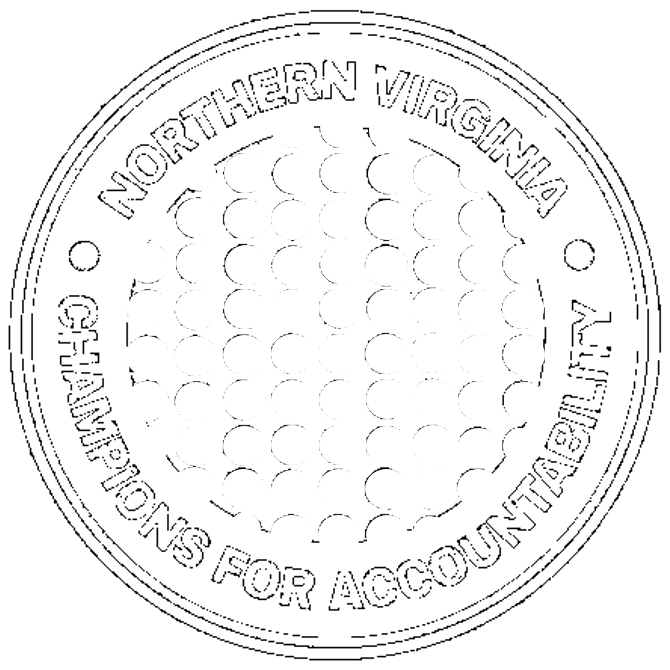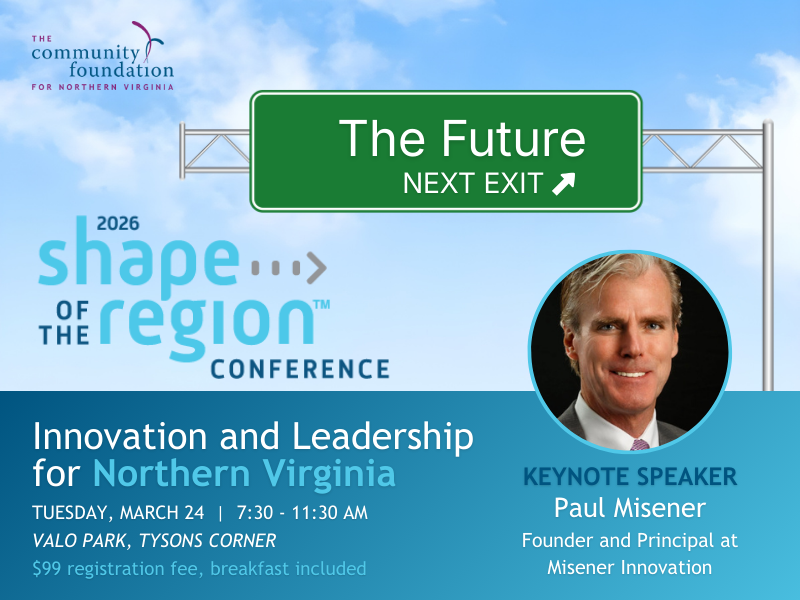The COVID-19 pandemic has pulled back the curtain and exposed longstanding structural and systemic inequities that exist in communities of color across our nation. From the education system to the labor market, to housing, health, and economic stability the coronavirus has had a disproportionate impact on African American and Latino communities.
The Community Foundation for Northern Virginia recently hosted a virtual Town Hall – Build Back – Dream Forward where local leaders representing business, education, economic development, and philanthropy gathered to raise awareness around the uneven playing field that pre-existed COVID-19 and potential paths forward for greater equity in our economic systems.
“It is our hope that through data-driven research, events, and strategic philanthropy, that we can all work to change the structures that exist and perpetuate inequities based on race throughout our region,” said Eileen Ellsworth, President and CEO, Community Foundation for Northern Virginia.
“Black, Hispanic, and women founders all began their businesses with 50 percent less financial capital of white men,” said Program moderator Nancy Santiago, Community Impact Partnerships, Ureeka.
This lack of capital during this COVID-19 pandemic could decimate minority-owned small businesses.
“If our businesses don’t have access to capital how do you sustain in such a downturn?” said Corey Holeman, Chairman, Northern Virginia Black Chamber of Commerce.
The pandemic has left many Hispanics out of work and pushed Latino business owners to the brink of shutting down.
“Many businesses will not be able to survive this, even if they survive the pandemic themselves,” said Michel Zajur, Founder and CEO, Virginia Hispanic Chamber of Commerce.
The health impact of the COVID-19 on minorities is staggering. African Americans and Hispanics are dying at alarming rates during this pandemic due to underlying health conditions – often caused by inadequate access to good health care.
Philanthropy is forming cross-sector collaborations to address systemic racial inequities through strategic grantmaking and leadership initiatives by listening and learning from community members already tackling racial justice.
“We’re listening and learning, and building power in the community especially supporting power building in communities of color by people of color-led organizations working for systems change through year-round organizing civic engagement racial justice in our democracy,” said Hanh Le, Executive Director, Weissberg Foundation.
In January, George Mason University in Fairfax, Virginia was one of 24 colleges and universities in the nation selected to host a Truth, Racial Healing and Transformation (TRHT) Campus Center. The center will focus on creating awareness about the effects of racism, as well as preparing the next generation of leaders dedicated to promoting racial and social justice.
“We have the opportunity to closely examine our policies that promote inequity,” said Creston Lynch, Associate Dean University Life, George Mason University.
To “build back better” communities must harness this opportunity to reboot local economies, address systemic inequities while fostering resilience.
“Any time we have tragedy in this country, it negatively affects everyone, but it affects those that are poor, and those of color more, we know that. And COVID-19 is an example of that,” said Ellsworth.
We hope that the discussion today helped inspire our community with ways to “build back better” for our region moving forward.
The Community Foundation for Northern Virginia is committed to building a community that works for everyone. There is so much more to come.
The event was recorded and is available for viewing. A copy of the slides shared is available here.
Build Back Better After COVID-19
July 20, 2020


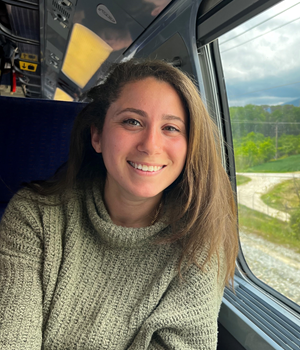 Questions?
Questions?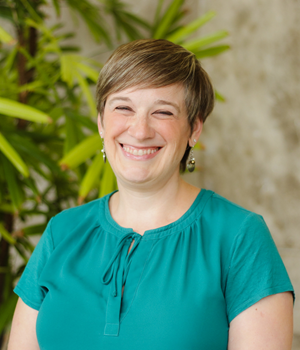 Questions?
Questions?

